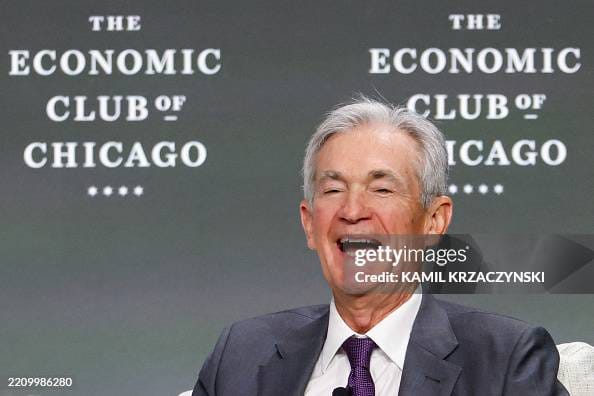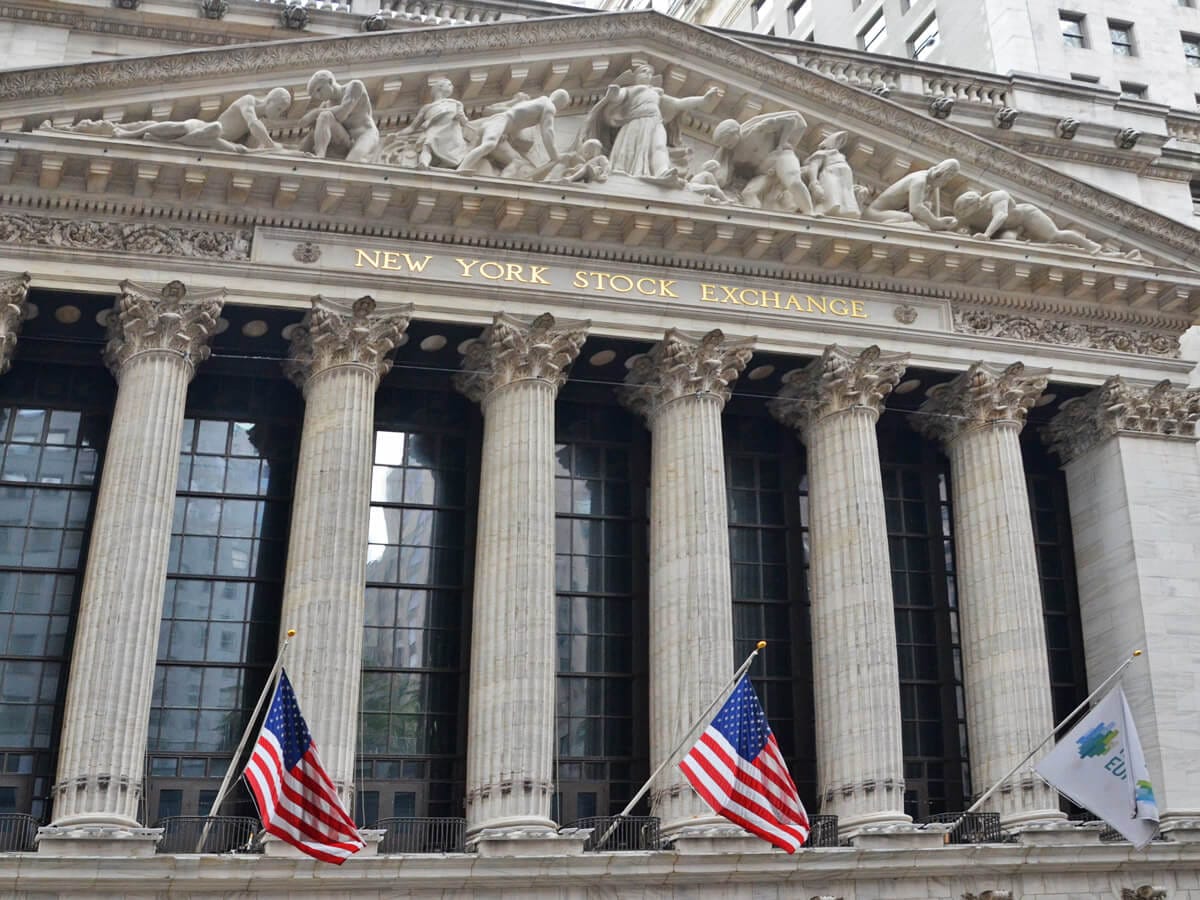In recent months, Federal Reserve Chair Jerome Powell has emerged as a central figure in the ongoing dialogue regarding the state of the U.S. economy and its implications for financial markets. His leadership, particularly in light of recent economic turbulence and the intertwined political landscape, has positioned Powell at the crossroads of monetary policy and political alliances. This has led to speculation about how his decisions may affect various stakeholders, including key figures from the Trump administration.
Understanding Powell’s role requires a thorough examination of his approach to interest rates and inflation, as well as how these factors interact with broader market behaviors. Since taking office in 2018, Powell has navigated a range of economic challenges. From the unprecedented economic fallout due to the COVID-19 pandemic to the current inflationary pressures, Powell’s strategies have aimed to balance economic growth with the need for stability in consumer prices.
The backdrop against which Powell currently operates is intricate. Inflation has surged, prompting the Federal Reserve to consider aggressive rate hikes. These adjustments significantly influence the performance of financial markets, particularly the S&P 500, a benchmark that reflects the health of the U.S. stock market and, by extension, the economy at large. Many investors closely monitor Powell’s speeches and policy decisions, knowing that these can sway market trajectories and investor sentiment.
Political analysts have started to view Powell as a possible ally to former President Trump, especially given Trump’s critical stance on economic policies during the election cycle. Trump’s emphasis on lower interest rates as a means to stimulate economic growth resonates with an audience that values immediate economic relief. In this context, Powell’s choices become scrutinized, with some suggesting that his decisions may align with political pressures.
The relationship between monetary policy and political frameworks is longstanding yet complex. Historically, when political leaders sought economic expansion, they would often favor measures like low-interest rates. This ideological overlap has led to discussions about the potential for Powell’s perceived alignment with Trump to shape economic policy decisions more favorably for specific political agendas. Critics voice concerns that these dynamics could lead not only to market distortions but also to long-term systemic vulnerabilities if political interests overshadow economic realities.
BCA Research, a leading investment research firm, has highlighted how investors view Powell’s Fed as a stabilizing force amid significant uncertainty. Their assessments suggest that Powell’s ability to navigate complex economic conditions remains critical in delivering insights that influence market movements, particularly regarding inflation and growth forecasts. The Fed’s focus on tackling inflation without triggering a recession is central to current discussions, and this delicate balance will determine Powell’s legacy as chair.
As Powell continues to execute his mandate, the implications of his decisions stretch beyond mere economic indicators. They affect consumer confidence, corporate investment strategies, and international market perceptions. Investors are likely to remain attentive to Powell’s pronouncements, understanding that these insights can dictate market reactions. In light of recent political shifts and ongoing economic pressures, Powell’s role may be more significant than ever, with potential repercussions for the S&P 500 and other critical indices.
In conclusion, Fed Chair Jerome Powell stands at a pivotal junction in America’s economic narrative. His decisions, shaped by both market realities and political currents, will continue to define how the U.S. navigates its economic future. The perceived alliance with figures like Trump introduces an added dimension to the already complex relationship between monetary policy and politics. As new economic data emerges and political landscapes evolve, the markets will undoubtedly react to Powell’s leadership and the direction it provides. The ramifications of these developments will be far-reaching, influencing not only investors but the broader American economy in the years to come.



